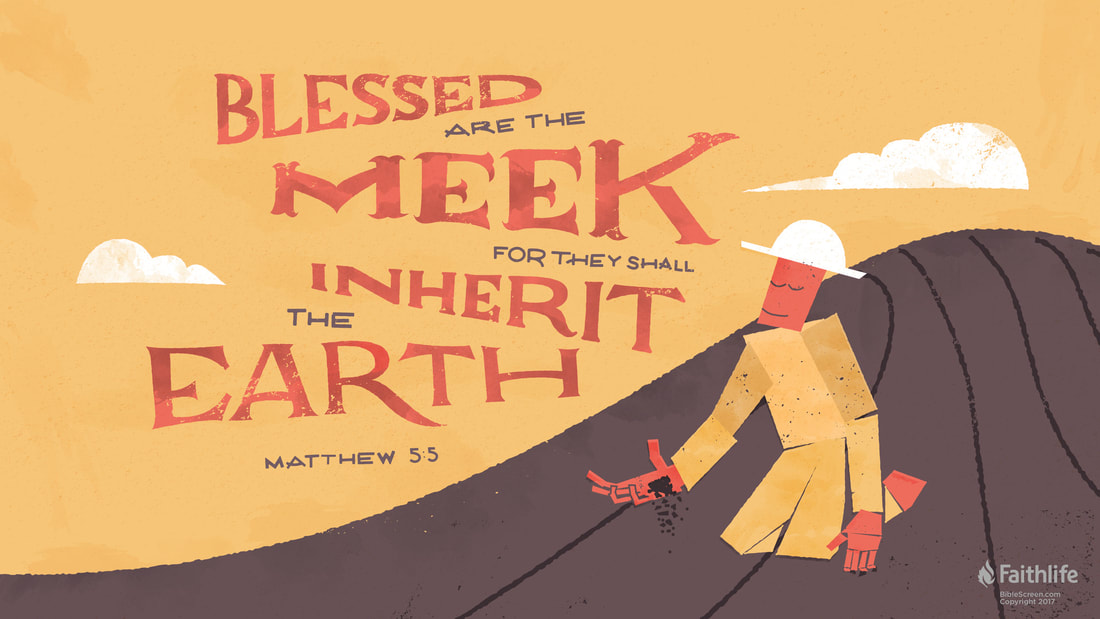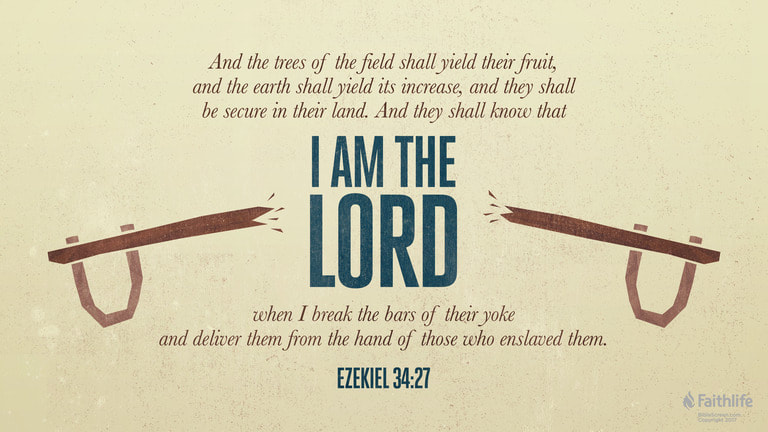Pastor Bill Farrow
Now may the God of hope fill you with all joy and peace in believing,
that you may abound in hope by the power of the Holy Spirit.
that you may abound in hope by the power of the Holy Spirit.
✧✧✧
Thanks to technology, we see the joy and celebrations of life that occur all over the world, but we also see the heartbreak and despair—most recently during the 2022 war in Ukraine. Cities were demolished; thousands were killed; millions fled for safety. And we see the images daily. It is easy to be discouraged and disheartened by such events. Such struggles threaten to tear us loose from our moorings in God whom we know to be good and just.
Recommended Reading:
As disheartening as life can be at times, hope never disappoints (Romans 5:5). In this ever-changing world, let your hope remain fixed on the never-changing God.
[Hope] is an anchor that is cast upon the rock, the Rock of ages. Matthew Henry
Recommended Reading:
- Romans 5: 3 – 5
As disheartening as life can be at times, hope never disappoints (Romans 5:5). In this ever-changing world, let your hope remain fixed on the never-changing God.
[Hope] is an anchor that is cast upon the rock, the Rock of ages. Matthew Henry



 RSS Feed
RSS Feed